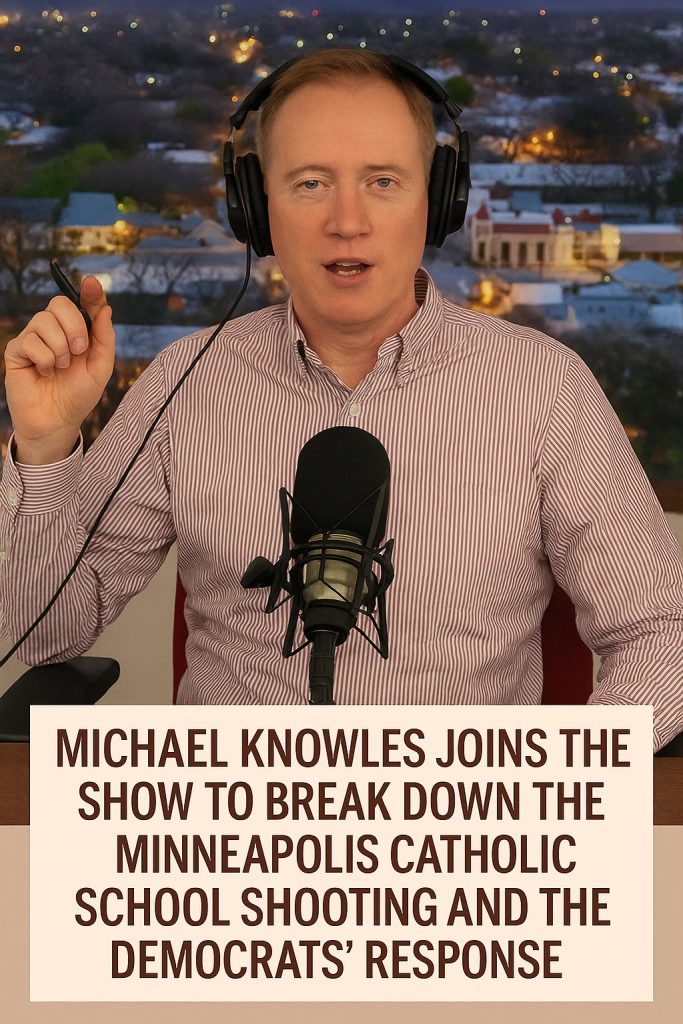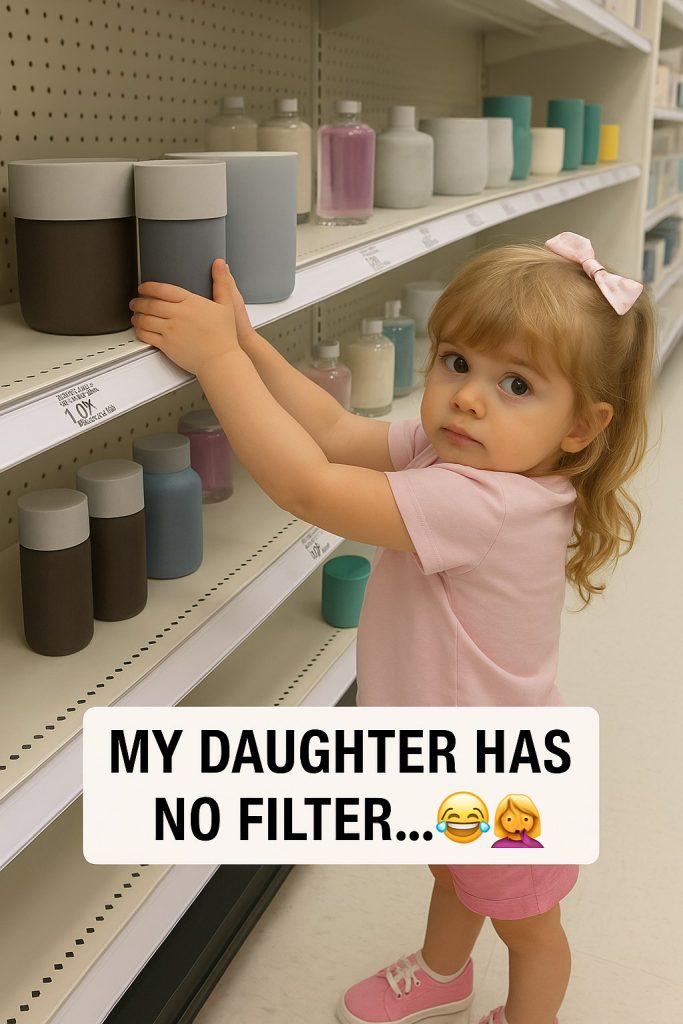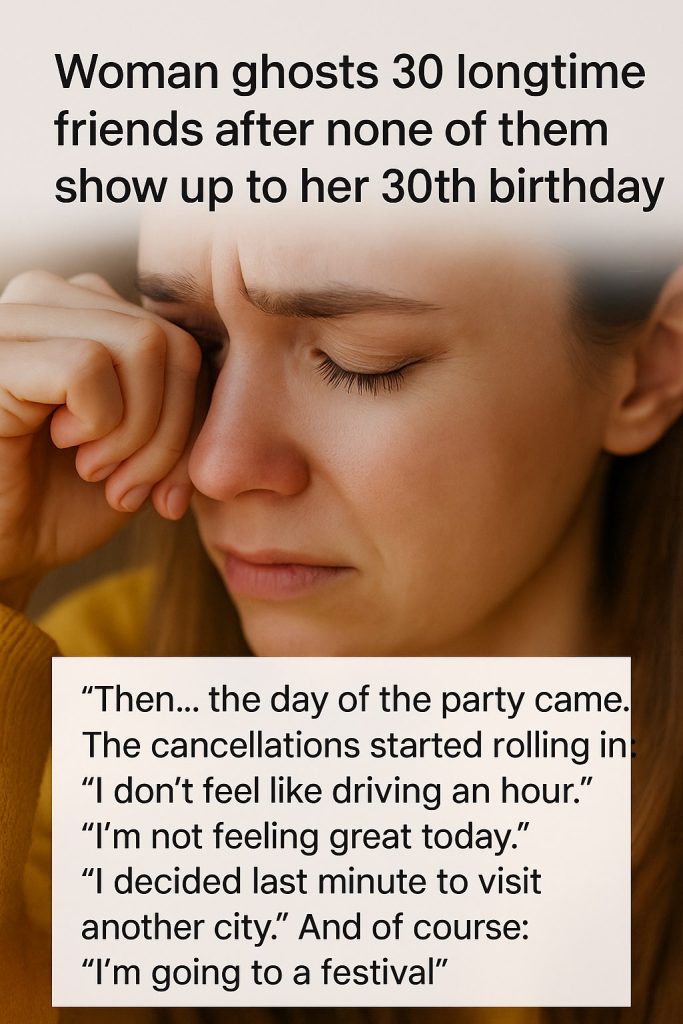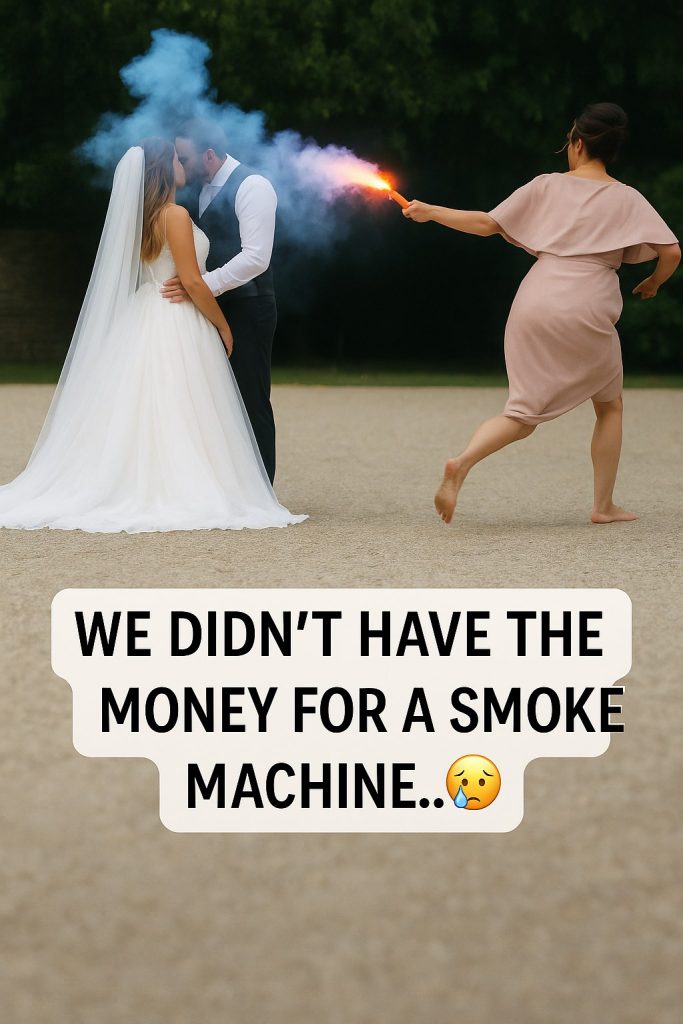Conservative commentator Michael Knowles recently joined a prominent news program to provide an in-depth analysis of the tragic Catholic school shooting in Minneapolis, shedding light on the event itself as well as the political reactions that followed, particularly from Democratic leaders.
The incident, which occurred earlier this month, shook the Minneapolis community when a gunman opened fire at a local Catholic school, resulting in multiple casualties and raising urgent questions about school safety, gun control, and the evolving nature of public threats. In his discussion, Knowles recounted the key facts of the shooting, emphasizing the profile of the perpetrator and the circumstances that allowed the attack to happen.
Breaking Down the Tragedy
Knowles highlighted that the attacker was a young adult with a history that authorities are still investigating, noting that despite tightened security measures across many schools nationwide, vulnerable institutions, such as religious schools, continue to face serious risks. He urged a deeper examination of how open campuses and security protocols might be improved to protect children, especially in private religious institutions that may not receive the same level of funding or protection as public schools.
Critique of the Political Response
The conversation quickly moved to the political ramifications of the shooting. Knowles offered a pointed critique of the Democratic Party’s response, arguing that much of their public commentary focused heavily on gun control legislation while ignoring other critical factors, including mental health issues, community safety measures, and the presence of violent ideologies that may inspire such attacks.
He stated that Democrats often approach these tragedies with a “single-solution” mindset that prioritizes immediate legislative action on firearms, but fails to engage in a broader dialogue about underlying cultural or societal problems. Knowles suggested that this approach risks alienating constituents who feel the solutions do not fully address the complexities of gun violence.
“The narrative from many Democratic officials seems narrowly focused,” Knowles said, “which may unfortunately oversimplify the problem and hinder the development of more comprehensive, effective strategies to prevent these tragedies.”
Calls for Bipartisan Solutions
Aside from his critique, Knowles also called for bipartisan cooperation in addressing school safety and violence prevention. He emphasized that the community’s healing process requires not only political leadership but also practical, on-the-ground changes that involve educators, law enforcement, and families.
Knowles noted the importance of learning from past incidents and ensuring that both lawmakers and local authorities act on actionable intelligence and invest in protective infrastructure. He encouraged a focus on enhancing mental health resources, improving emergency response protocols, and fostering environments that can preemptively identify and support at-risk individuals.
Community Impact and Moving Forward
The Minneapolis Catholic school shooting has left a lasting impact on the community, triggering grief and sparking urgent dialogue about safety and political leadership. While the investigation continues, with authorities working to understand the shooter’s motives and connections, voices like Michael Knowles’ contribute to the wider conversation on how America can respond effectively to the scourge of school violence.
As the nation reflects on this tragedy, it remains clear that addressing such incidents requires a nuanced approach—one that balances sensible gun regulations, robust mental health support, and inclusive community engagement to ensure schools across the country are safe havens for students and educators alike.



